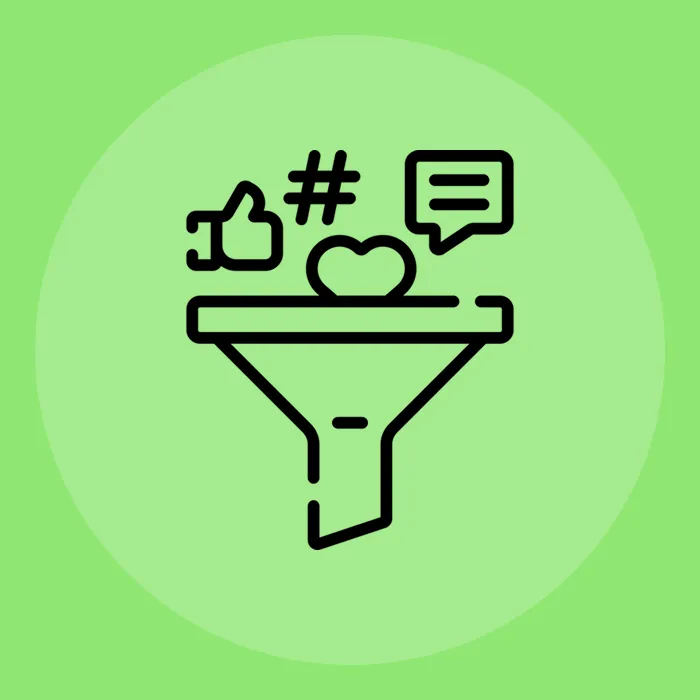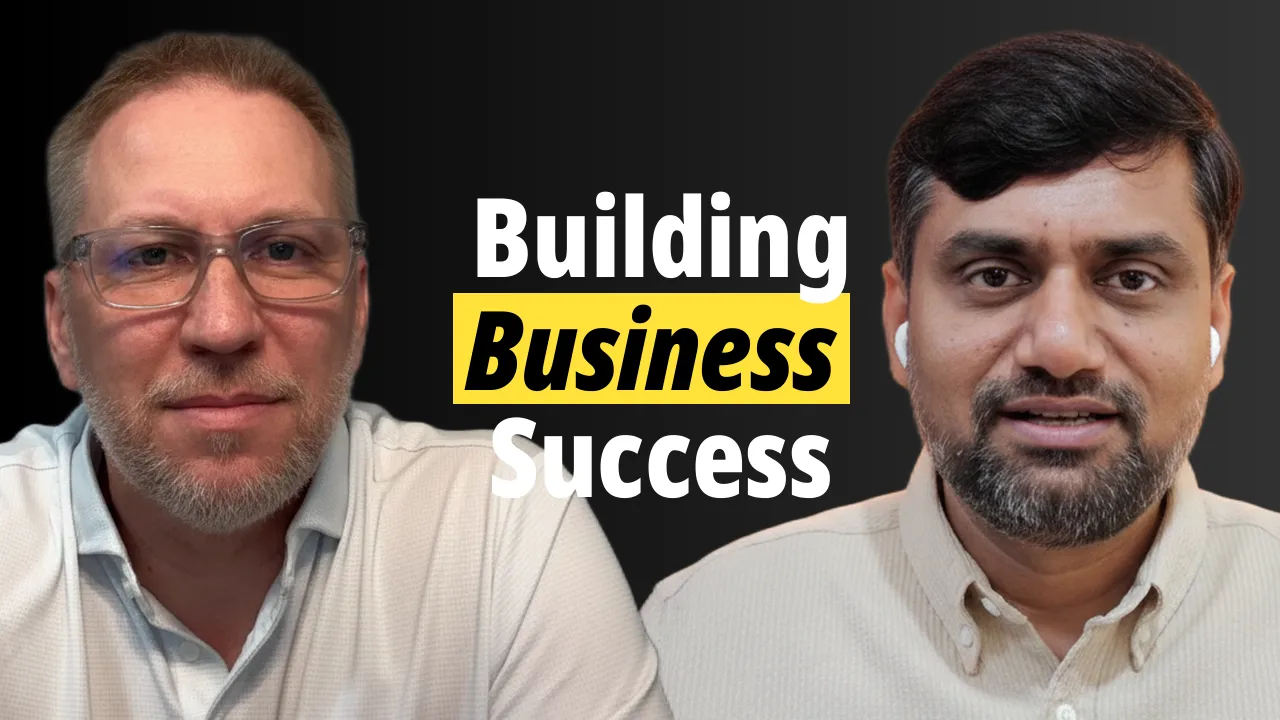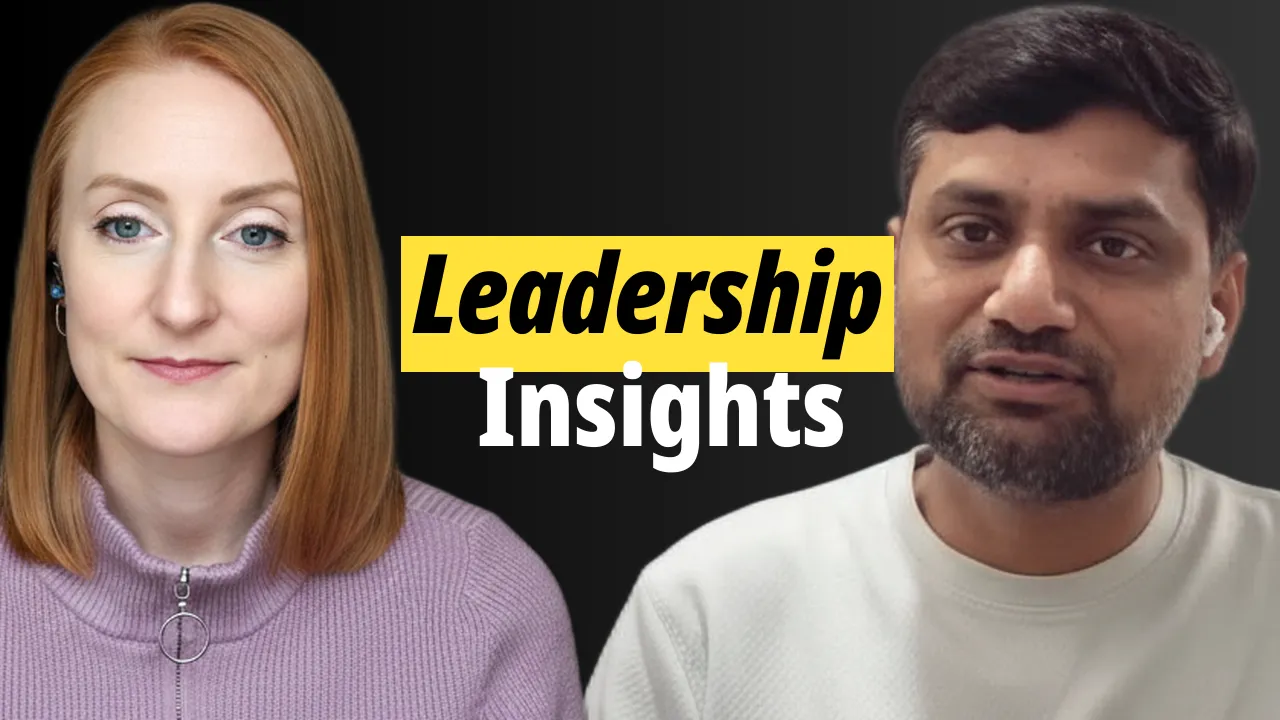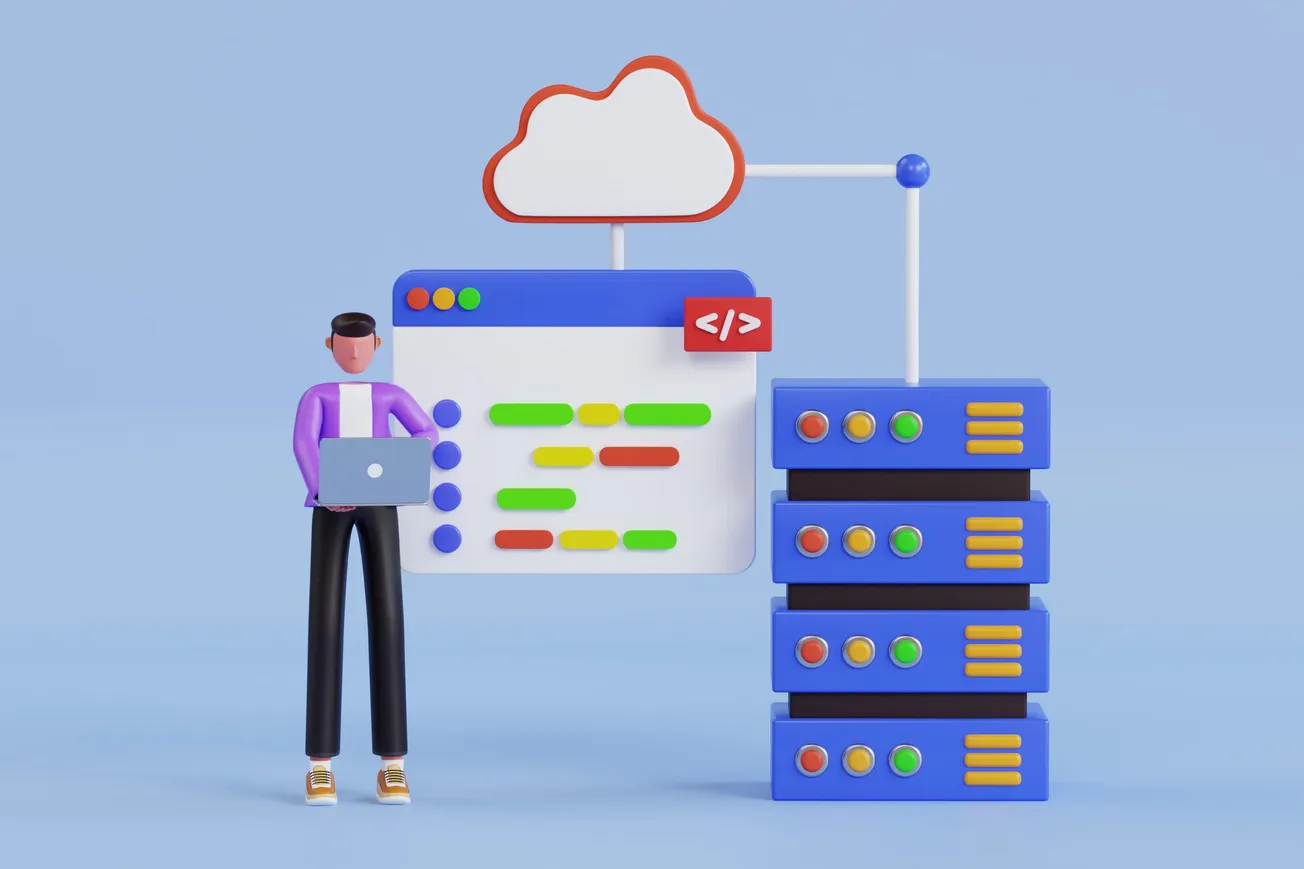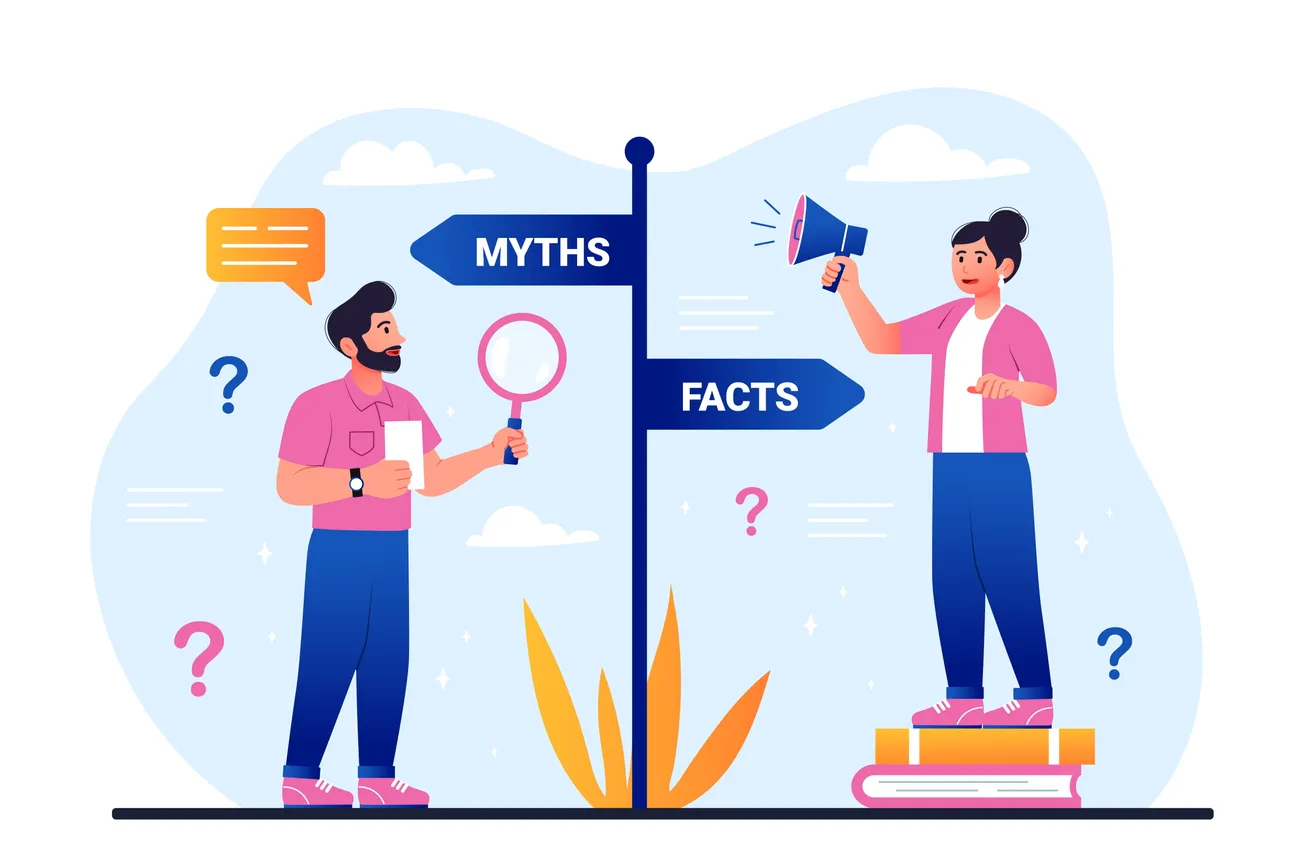For many businesses, especially small and medium-sized ones, influencer marketing seems challenging because of the high costs involved. However, this is not the only way you can market your brand. If you can't afford the thousands of dollars charged for a single Instagram post, you can always count on micro-influencers.
Just as the name suggests, they are influencers with a smaller audience base that range between 1000-100,000 followers on their social media profiles. The number of followers shouldn't matter compared to what these types of influencers have to offer. Their small followers make it possible for them to engage with them directly unlike influencers with a large following.
How can you develop your marketing strategy using micro-influencers? Here are 5 tips to get you started.
- Turn micro-influential fans to brand advocates
Influencers who already love your brand are the best type to select. If you are developing a marketing strategy and want to reap the benefits of micro-influencers, look no further than that everyday consumer who has at least 1000 followers.
It will be very easy to convince such a fan to be your brand advocate. Offering them a discount or a free product can be enough to convince them to represent your brand on social platforms. The best part is that micro influential fans are more relatable to customers than celebrities and influencers with millions of followers.
Recommended: 6 Secrets to Getting a Social Influencer’s Attention
You can get started on this by monitoring your brand mentions on social media. There are many tools that you can use for social listening. You will be surprised at the long list of influential fans who are always talking about you. Use them to promote your brand among their hyper-engaged audiences.
Alternatively, you can turn that consumer who regularly interacts with your business on social media to be your brand advocate as they do on Glossier.
- Tap into storytelling
If you have reached this far with your social media marketing strategy, probably you have come to the realization that using still photos of your product is not getting you the traffic you want to get. Instead, have your micro-influencers tell the story.
Storytelling is a powerful tool that makes potential customers associate your business with something they can relate. It taps into emotions, thus encouraging potential customers to take action. Use the superpower of stories.
Encourage your micro-influencers to tell flesh and unique stories about your brand in their own voice. Let them share their own experiences or personal stories as a testimony that relates to your brand. Such narratives resonate well with your target audience since they are relatable. Make the stories believable to gain more attention and credibility.
- Set up a long-term campaign
In marketing campaigns, one is never enough. If your goal is to promote your brand, a one-off influencer campaign is not enough to gain your brand awareness you need. Unless you are promoting the launch of a new product, you will need to be consistent with your campaigns. Ensure the influencer posts regularly in the appropriate times and at reasonable intervals.
Hire micro-influencers on a long-term basis. When the influencer talks about your product for a long period, your target audience absorbs more information about the brand from them. It will sink in their mind better and promote brand recall as well as recognition.
Give the micro-influencers a long term contract. If it expires, renew it again for as long as they are interested. A study by Experticity found out that 82% of customers are more likely to follow recommendations made by a micro-Influencer.
- Have your micro-influencers' content reviewed and optimized
The effectiveness of an influencer's content comes from how original, authentic, and natural it is. That is how they manage to get a large following on their social media profiles. Content is the king. As a brand, you have a responsibility to ensure the content posted by your micro-influencers aligns with your marketing goals and values.
With this, your brand becomes visible on other online sites that you might have never gotten an audience. You can join forces with the micro-influencers by reviewing their content before they post.
Promote such content by sharing it on your online platforms. The influencer should also return the favor by promoting your content in their profiles. However, this should be done in a smart way to avoid losing the authenticity of your micro-influencers' content.
- Measure the effectiveness of the micro-influencers in real-time
Don't use micro-Influencers in your marketing strategy with no purpose. Like any other marketing strategy, you should measure their performance using the key metrics.
You will get to know where your micro-influencers campaign strategy is working and where to put more effort. There are various tools you can use to get real-time analysis of engagement and click-through rates. You will in return increase your ROI.
Bottom line:
If you are still not utilizing influencer marketing due to the thousands of dollars you will need to invest, you are losing out on a lot. Micro-Influencers are out there promoting your competitors' brands effectively and at very friendly rates.
With the above useful tips, you will get ahead of the game and reap the benefits of using micro-influencers. You will enjoy watching your brands' engagement rates and conversations skyrocket. What are you waiting for? Start using micro-influencers for your marketing strategy today!


![30 Free Stock Image Sites To Download Photos in 2026 [Updated]](/content/images/size/w1304/format/webp/2026/01/Free-Stock-Image-Sites-min.jpg)


